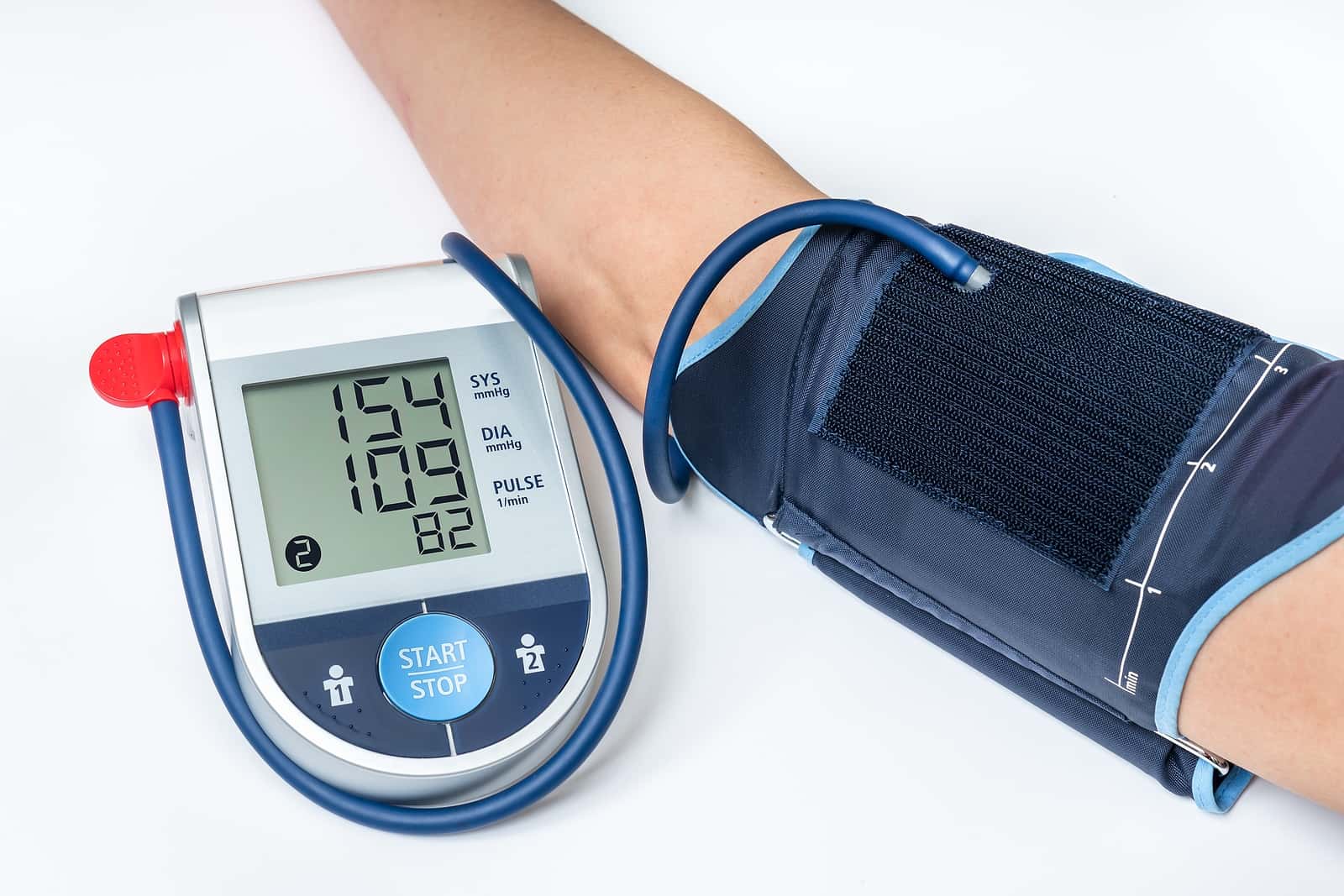
When a patient is diagnosed with high blood pressure that is not controlled by diet, exercise or other lifestyle interventions, doctors start writing prescriptions. One of their first-line drugs is almost always hydrochlorothiazide (HCT or HCTZ). About 10 million people take it daily for hypertension. But wait, there’s more! HCTZ is often combined with other blood pressure pills such as lisinopril, losartan, triamterene and valsartan. That adds up to about 15 million people taking hydrochlorothiazide. Doctors prescribe a different diuretic, chlorthalidone (CTD), to only about 1.3 million people. When it comes to HCTZ or chlorthalidone, are prescribers making a mistake?
The Diuretic Comparison Project (DCP): HCTZ or Chlorthalidone (CTD)?
Some very smart researchers set up the Diuretic Comparison Project (DCP) and started recruiting patients in 2016. Over 70 VA healthcare centers were involved in this study to compare the diuretics chlorthalidone (CTD) vs. hydrochlorothiazide (HCTZ).
The question that was asked in the study (JAMA Network Open, May, 2024):
“Is there a difference in major adverse cardiovascular events (MACEs) and noncancer deaths associated with chlorthalidone (CTD) vs hydrochlorothiazide (HCTZ) among older patients with hypertension with and without prior myocardial infarction (MI) or stroke?”
Rarely are such questions asked and rarely are such large studies undertaken. There were 13,523 participants. We only wish this sort of head-to-head comparison was done more often
Which drug performed better? HCTZ or chlorthalidone (CTD)?
For the volunteers who had a prior heart attack or stroke, the comparison of HCTZ or chlorthalidone resulted in a winner:
“The findings suggest that CTD may be associated with reduced MACEs and noncancer deaths in patients with prior MI [heart attack] or stroke compared with HCTZ. Accounting for this subgroup knowledge when treating patients, CTD my benefit those with prior MI or stroke.”
Those who did not have a prior heart attack or stroke did not experience any difference.
One downside of CTD was a lower potassium level compared to HCTZ.
Why Would CTD Be Better than HCTZ in High-Risk Patients?
The authors offer this explanation:
“Thiazide diuretics are commonly used to treat hypertension, as they both lower blood pressure (BP) and prevent cardiovascular (CV) events. Currently, they are recommended as first-line agents. There are mechanistic reasons that suggest chlorthalidone (CTD) may be superior to hydrochlorothiazide (HCTZ) for preventing CV [cardiovascular] outcomes. Chlorthalidone has a longer half-life and has been shown to be more effective in reducing 24-hour BP compared with HCTZ. Chlorthalidone also has other pleotropic effects, such as decreased platelet aggregation and vascular permeability mediated through inhibition of carbonic anhydrase.”
That was complicated. The bottom line appears to be that CTD lasts longer in the body, produces a more robust BP lower effect, helps reduce blood platelet stickiness that could lead to a blood clot that could trigger a heart attack.
The biggest downside with CTD appears to be low potassium levels. Anyone on a diuretic such as HCTZ or chlorthalidone should have blood potassium levels checked on a regular basis.
Citations
- Ishani, A., et al, "Chlorthalidone vs Hydrochlorothiazide for Hypertension Treatment After Myocardial Infarction or Stroke A Secondary Analysis of a Randomized Clinical Trial," JAMA Network Open, May 14, 2024, doi:10.1001/jamanetworkopen.2024.11081

